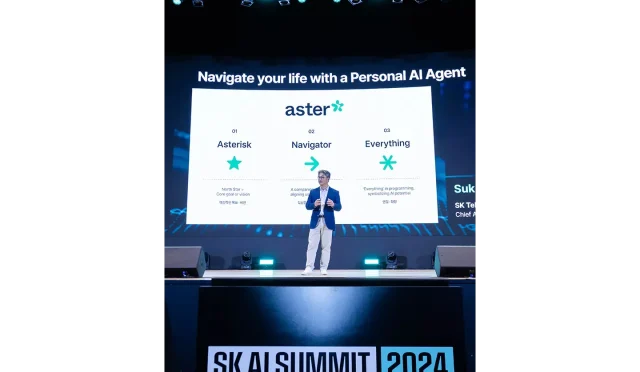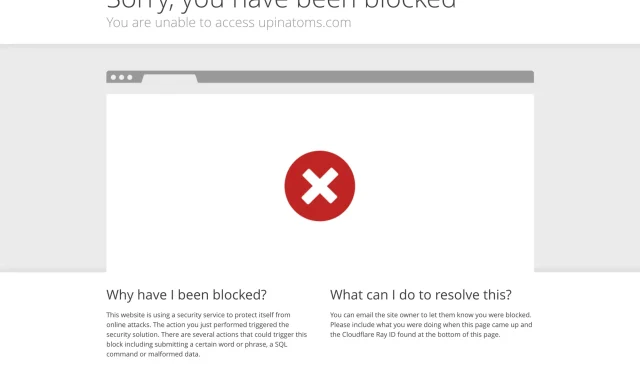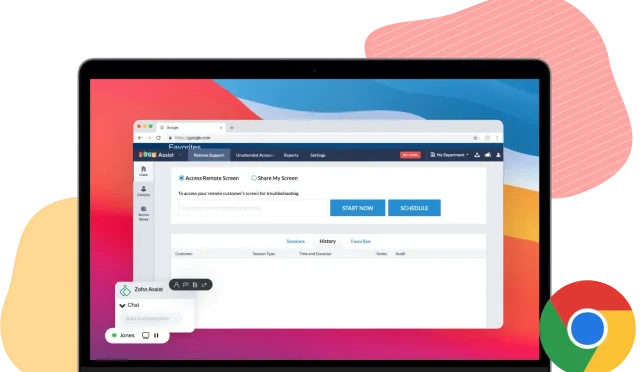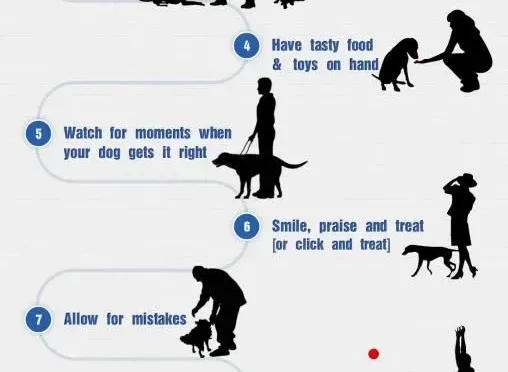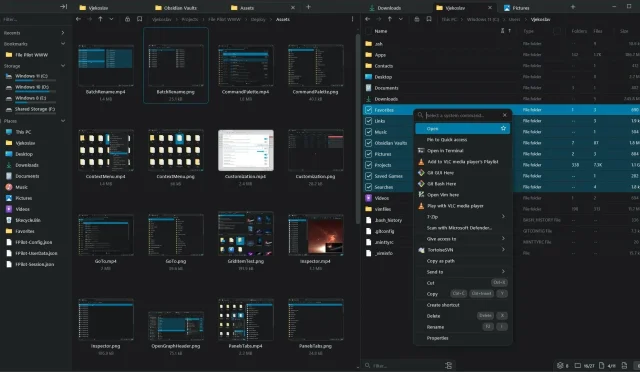The Unity Runtime Vulnerability, officially designated as CVE-2025-59489, has raised significant concerns among game developers and cybersecurity experts alike. This serious flaw in the Unity runtime enables arbitrary code execution, allowing malicious actors to manipulate command line arguments within Unity applications. By hijacking these permissions, attackers can load harmful shared libraries, potentially wreaking havoc on devices and compromising user data. As Unity remains a dominant force in game development, with 70% of the leading mobile games utilizing its engine, understanding and mitigating this vulnerability is crucial to safeguarding Unity runtime security. In this article, we will unpack the technical details of Unity game vulnerabilities, discuss related exploits, and emphasize the importance of applying the latest patches to prevent Unity application exploits.
In recent discussions around game development security, a notable risk has emerged known as the Unity Runtime Vulnerability, or CVE-2025-59489. This critical weakness pertains to the way Unity handles intents, allowing for potential threats like arbitrary code execution. As developers leverage this powerful game engine to create engaging applications, awareness of Unity application exploits becomes essential in maintaining a secure environment. This article aims to delve into the implications of Unity’s runtime vulnerabilities and underscore the necessity for updates and protective measures. With the landscape of threats evolving, understanding how to safeguard against exploitation, especially in popular Unity games, is vital.
Understanding CVE-2025-59489: The Unity Runtime Vulnerability
CVE-2025-59489 illustrates a serious security flaw in the Unity Runtime engine that has raised significant concern within the development community. This vulnerability enables arbitrary code execution through manipulated command line arguments, which can be exploited by malicious intents from applications residing on the same device. In particular, Unity applications can be hijacked by unauthorized applications, resulting in the loading of arbitrary shared libraries, which poses a critical risk to user data and system integrity.
The implications of this vulnerability extend beyond immediate local threats; remote exploitation scenarios have been identified where attackers could potentially execute arbitrary code from afar. Although Android’s SELinux policies provide an additional layer of security, the risk remains palpable, especially if developers fail to implement adequate security measures. This highlights the importance of patching and updating existing Unity applications to address such vulnerabilities.
Impact of Arbitrary Code Execution on Unity Applications
The ability for attackers to execute arbitrary code within Unity applications opens the door to numerous security risks. Exploiting CVE-2025-59489 could lead to a variety of malicious activities, including unauthorized access to sensitive user information, altering application behavior, and facilitating further attacks on the device. Such vulnerabilities in widely used engines like Unity not only jeopardize individual applications but can also compromise the overall trust in the platform, pushing users to question the reliability of the software they are engaging with.
In the gaming industry, where user engagement and data protection are paramount, incidents stemming from vulnerabilities like CVE-2025-59489 can have disastrous effects on a developer’s reputation and financial standing. With Unity powering approximately 70% of the top mobile games, the extensive potential for exploitation makes it crucial for game developers to develop a comprehensive security strategy that includes regular updates, code audits, and awareness of the latest security advisories.
Unity Runtime Security Measures: Best Practices
To defend against vulnerabilities like CVE-2025-59489, developers must adopt a proactive approach to security within the Unity Runtime environment. This involves regularly updating the engine to the latest versions available and applying all relevant security patches released by Unity. By recompiling affected games and applications, developers can minimize exposure to potential exploits, ensuring users remain protected against malicious activities.
Additionally, implementing practices such as code reviews, static analysis, and penetration testing can significantly strengthen the security posture of Unity applications. Engaging in security education and awareness programs for developers can also foster a culture of vigilance against possible exploits, particularly those that leverage arbitrary code execution through Unity’s framework. Overall, understanding and mitigating Unity game vulnerabilities is essential in safeguarding user data and enhancing the security of Unity applications.
Identifying Unity Game Vulnerabilities
Identifying vulnerabilities within Unity games is crucial in today’s digital landscape, especially with the prevalence of malicious software aiming to exploit weaknesses, such as those highlighted in CVE-2025-59489. Developers must be adept at employing various security testing methodologies, including threat modeling, dynamic analysis, and vulnerability scanning tools tailored for Unity applications. These techniques can uncover weaknesses before they can be exploited by malicious actors.
Furthermore, engaging with the community through bug bounty programs can enhance the security of Unity applications. By allowing external security researchers to probe their software for vulnerabilities, developers can benefit from fresh perspectives and exploit scenarios that they may not have considered. This collaborative approach to cybersecurity continues to fortify Unity games against evolving threats.
Responding to Unity Application Exploits
In the event of an exploit like CVE-2025-59489, it is imperative for developers to have a robust incident response plan in place. This involves a detailed analysis of the exploit to understand its impact, followed by a prompt communication strategy to inform users about the vulnerability and the measures being taken to remediate it. Transparent communication can help maintain user trust even when a breach occurs.
Additionally, creating a patch or update should be prioritized as part of the response protocol, ensuring that all users can protect their applications from the exploit. Regularly monitoring the software’s performance post-update is crucial to ensuring that no residual effects of the exploit linger in the system. Continual education on security best practices post-exploit helps build a more resilient application and development culture.
The Importance of Regular Updates for Unity Apps
Regular updates are vital for maintaining the security and integrity of Unity applications, particularly in light of vulnerabilities like CVE-2025-59489. As new threats emerge, developers must ensure that their applications are running on the latest versions of the Unity engine, which include not only new features but essential security patches. Ignoring updates can leave applications susceptible to exploitation, allowing malicious actors to misuse identified vulnerabilities.
Moreover, the developer community plays a pivotal role in sharing information about ongoing security issues and the patches available. This collective knowledge can aid in quicker remediation for those affected and promote a more secure environment for all users. In this way, the practice of regular updates is not just a recommendation but a necessary part of responsible software development.
Collaborating with Security Experts for Unity Development
Partnering with cybersecurity professionals is an effective strategy for strengthening the security of Unity applications against potential vulnerabilities like CVE-2025-59489. Security experts can provide invaluable insights and tools that assist developers in identifying weaknesses in their software architecture. By utilizing penetration testing, code reviews, and security audits conducted by experienced professionals, developers can fortify their applications and preemptively tackle emerging threats.
Furthermore, participating in industry conferences and forums focused on cybersecurity and Unity development can help foster collaboration among developers and security experts. Sharing experiences and learnings from past vulnerabilities can enlighten best practices and help in crafting more secure applications from the ground up.
Securing Unity for Cross-Platform Applications
Securing Unity applications that run cross-platform presents unique challenges, especially when considering vulnerabilities like CVE-2025-59489. As Unity serves a wide range of devices and operating systems, developers must adapt their security practices to align with each platform’s specific requirements. This includes understanding the platform-specific security policies and combining them with robust universal security protocols that safeguard the application across different environments.
Additionally, developers should perform comprehensive testing across all intended platforms before deployment. This includes simulating various user scenarios and ensuring that security measures are effective regardless of where the application is run. Such diligence not only enhances the application’s resilience against exploits but also provides a seamless user experience across different devices.
Future of Unity Security in Game Development
As the landscape of game development evolves, the importance of security within engines like Unity will only amplify. With more sophisticated cyber threats emerging, addressing vulnerabilities such as CVE-2025-59489 is paramount for developers aiming to ensure safety in their applications. Innovations in security mechanisms and ongoing education for developers will play crucial roles as the industry moves forward.
Moreover, as Unity continues to expand its capabilities and influence, fostering a culture of security awareness within the developer community will be essential. Developing tools that can automate security testing processes, as well as promoting best practices for secure coding, will be critical in shaping a safer future for Unity applications and protecting user data.
Frequently Asked Questions
What is the Unity Runtime Vulnerability CVE-2025-59489?
CVE-2025-59489 is a vulnerability identified in the Unity Runtime that allows arbitrary code execution in Unity games and applications. This issue arises from the intent handling process, enabling malicious apps to control command line arguments and load harmful shared libraries (.so files), particularly affecting Unity versions 2017.1 and later.
How does CVE-2025-59489 allow for arbitrary code execution in Unity applications?
The CVE-2025-59489 vulnerability allows arbitrary code execution in Unity applications by letting malicious intents manipulate command line arguments. If a malicious app is installed on the same device, it can exploit this vulnerability to execute harmful code by targeting the Unity application’s intent handling mechanism.
What platforms are affected by the Unity runtime security vulnerability CVE-2025-59489?
The Unity runtime vulnerability CVE-2025-59489 primarily affects applications on Android, where malicious applications can invoke the Unity application with harmful arguments, enabling arbitrary code execution depending on the device’s configuration.
What action should developers take regarding Unity game vulnerabilities like CVE-2025-59489?
Developers should promptly update their Unity installations to the latest patches provided by Unity for versions 2019.1 and later, and recompile their affected games. This action is crucial to mitigate vulnerabilities such as CVE-2025-59489 and enhance Unity runtime security.
Can the Unity runtime vulnerability be exploited remotely?
Yes, the Unity runtime vulnerability CVE-2025-59489 could potentially be exploited remotely, especially if the Unity application is configured with ‘android.intent.category.BROWSABLE’. However, Android’s SELinux policies significantly reduce the risk of remote attacks by limiting file access.
What are some common attack scenarios for the Unity application exploits related to CVE-2025-59489?
Common attack scenarios for Unity application exploits include local attacks, where a malicious app on the same device executes harmful code by launching the Unity app with manipulated arguments, and remote attacks that might occur if the Unity application exposes certain functionalities via intents.
How can developers improve Unity runtime security to prevent vulnerabilities like CVE-2025-59489?
To improve Unity runtime security, developers should keep Unity updated with the latest security patches, implement strict permission controls, ensure proper intent handling, and conduct regular security audits to identify and mitigate potential vulnerabilities in their applications.
| Key Point | Details |
|---|---|
| Vulnerability ID | CVE-2025-59489: Arbitrary Code Execution in Unity Runtime |
| Affected Versions | Unity 2017.1 and later versions |
| Nature of Vulnerability | Allows malicious intents to control command line arguments, enabling execution of arbitrary shared libraries and code. |
| Types of Attacks | 1. Local Attack via malicious apps on the same device. 2. Remote exploitation under specific conditions. |
| Mitigation | Unity has released patches for Unity 2019.1 and later. Developers must update and recompile affected applications. |
| Security Advice | Developers should prioritize security to avoid exploitation of vulnerabilities. |
Summary
Unity Runtime Vulnerability has highlighted a critical risk for developers using the Unity engine, especially for Android-based applications. The identified flaw, CVE-2025-59489, allows for arbitrary code execution through malicious intents, which can fundamentally compromise application security. This situation emphasizes the need for developers to stay vigilant about updates and security patches, ensuring they protect their applications from potential exploits. Organizations should consider utilizing penetration testing services to uncover vulnerabilities effectively.



